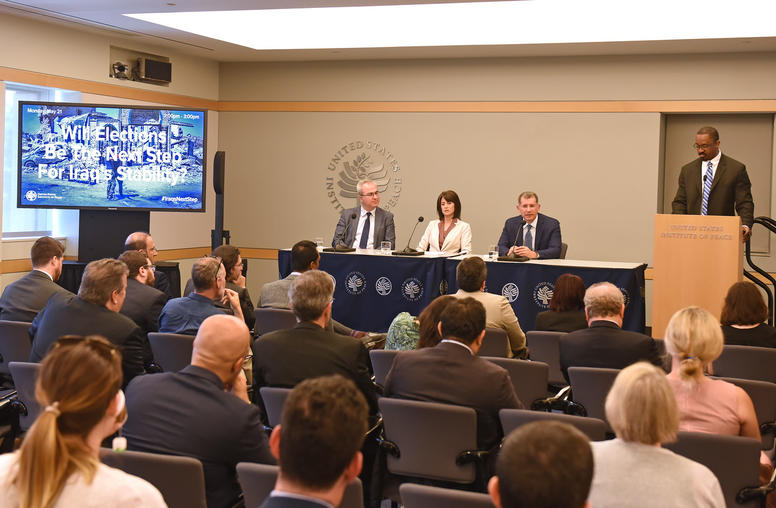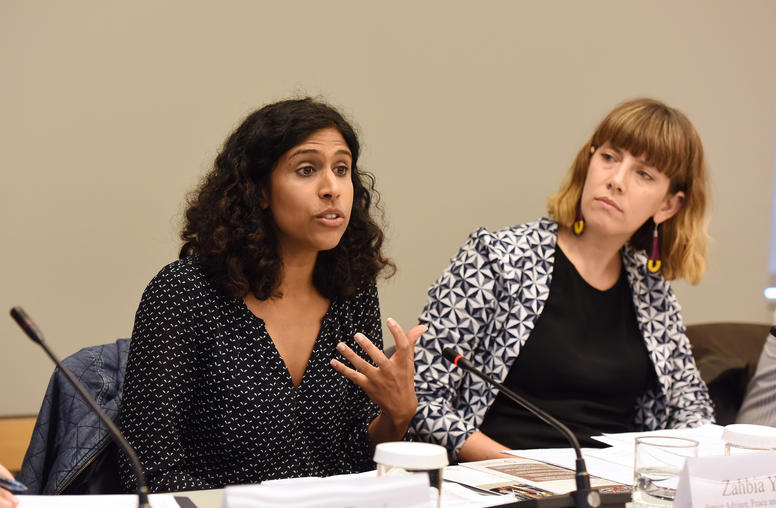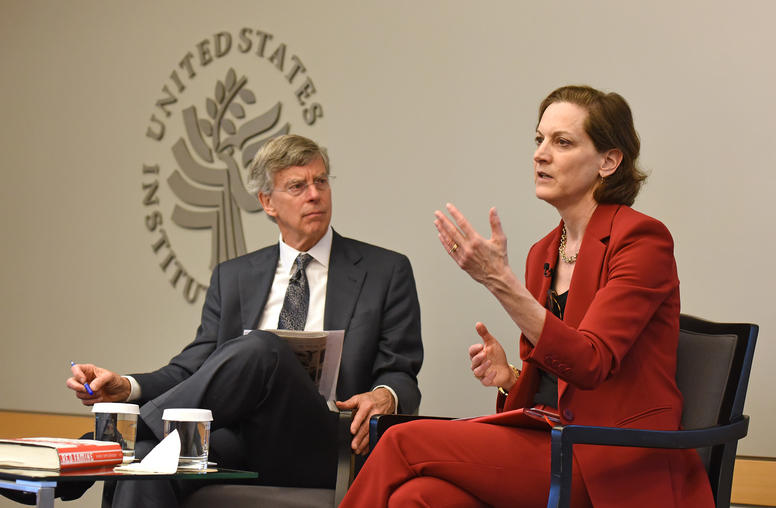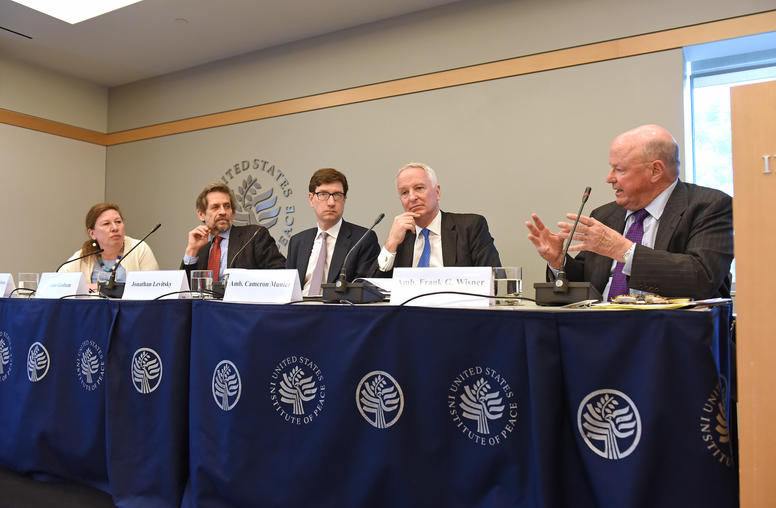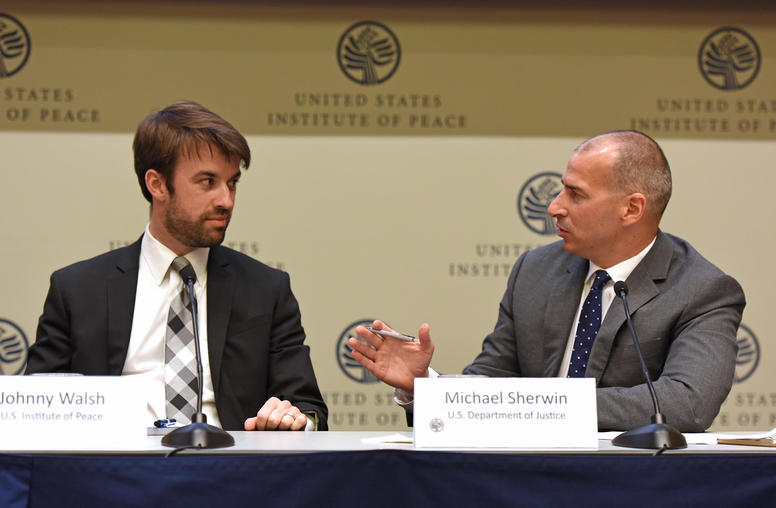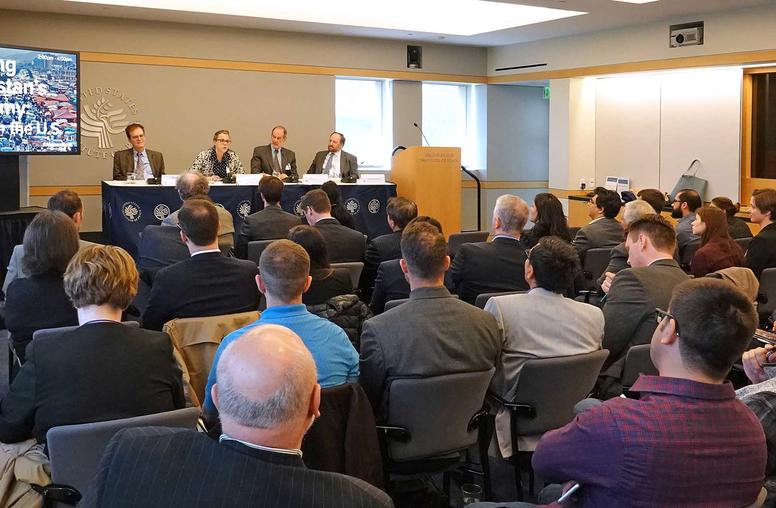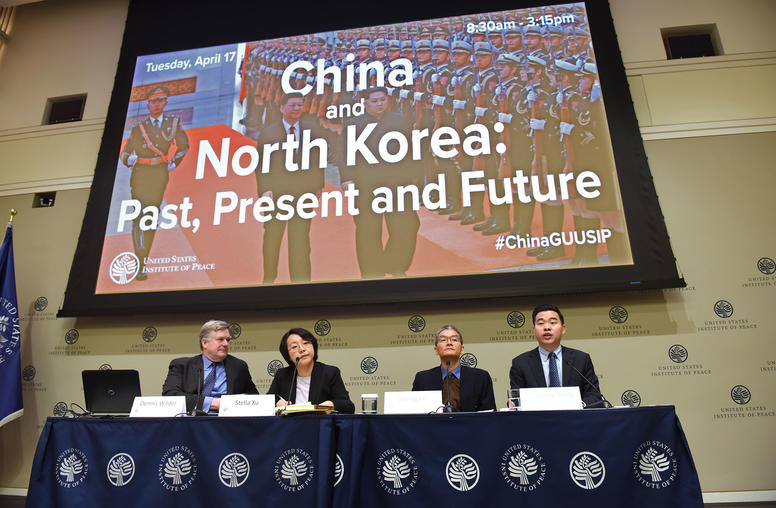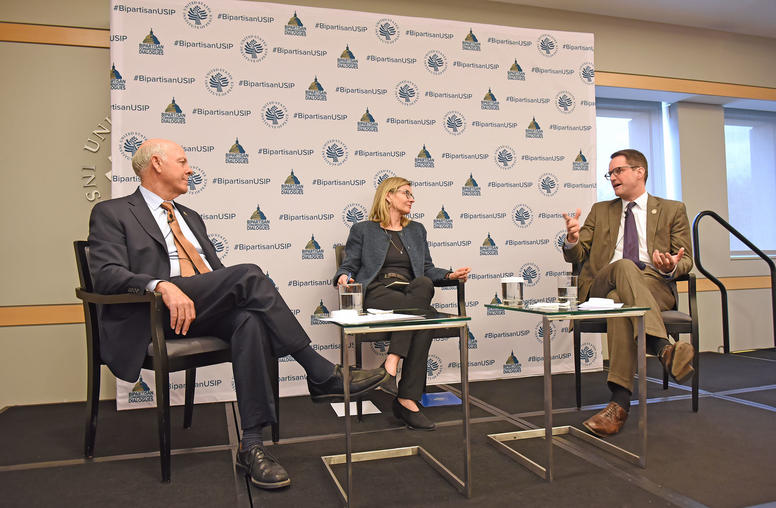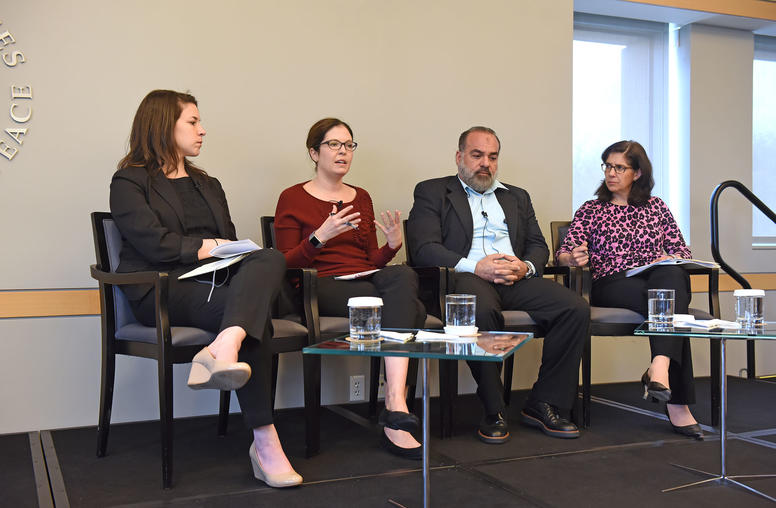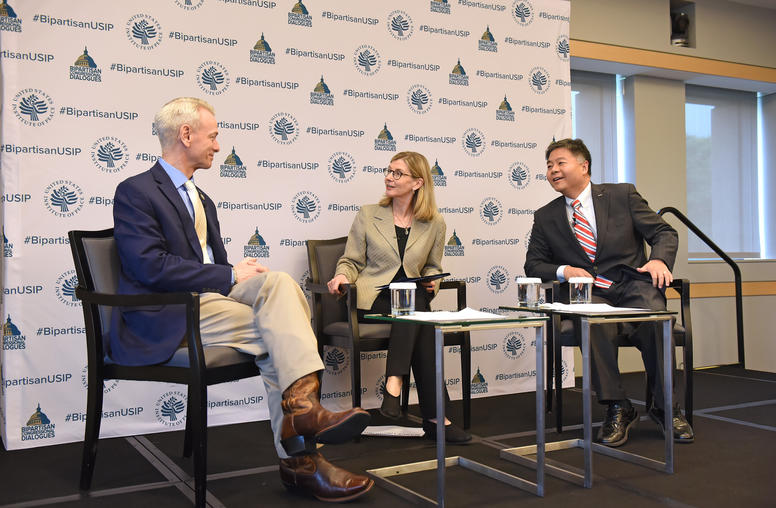
North Korea and the Fine Print of a Deal: A View from Congress
Two Members of Congress and military veterans, Representative Ted Lieu (D-CA) and Representative Steve Russell (R-OK), will examine the importance of ongoing diplomatic efforts, possible outcomes of negotiations, and the role they hope Congress plays in the coming months at USIP’s third Bipartisan Congressional Dialogue on May 22.
